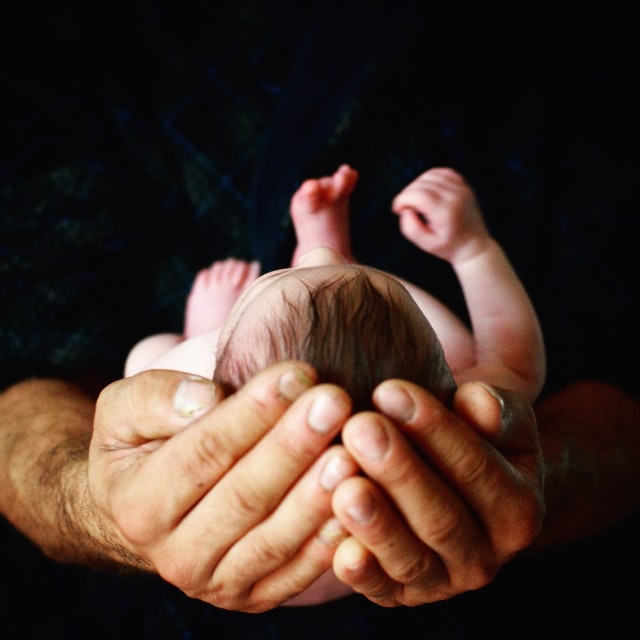 Giving birth is a significant change in life, and as a new parent, or even if this isn’t your first child, the difference in your life is undeniable. With this added pressure of caring for a newborn baby, along with the many hormonal changes that occur during this time, it is often common for mothers to experience postpartum depression, or a milder version called the “baby blues.”
Giving birth is a significant change in life, and as a new parent, or even if this isn’t your first child, the difference in your life is undeniable. With this added pressure of caring for a newborn baby, along with the many hormonal changes that occur during this time, it is often common for mothers to experience postpartum depression, or a milder version called the “baby blues.”
What is Postpartum Depression?
Postpartum depression is the onset of depressive symptoms in a woman after giving birth. It is entirely normal to feel depressed or highly emotional symptoms a few days after giving birth, and these heightened emotions may last for a few weeks. But when these feelings linger on longer or feel particularly overwhelming, this may indicate postpartum depression. See below for the primary signs and symptoms of postpartum depression:
- Anger or irritability
- Anxiety or panic attacks
- Feelings of guilt, shame, or inadequacy
- Hopelessness
- Loss of interest in previously enjoyed activities
- Mood swings
- Crying or prolonged sadness
- Fatigue
- Loss of appetite or eating more than usual
- Difficulty concentrating
- Insomnia or excessive sleep
- Withdrawing from friends and family
- Thoughts of death or suicide
Postpartum psychosis is another variation of postpartum depression with similar symptoms, but it also includes hallucinations, paranoia, disorientation, or attempts to harm yourself or the child. Postpartum depression can be severe, and if it is left untreated, it may last for many months or even longer.
It is also important to note that fathers can also experience postpartum depression; the stress of a new child can be overwhelming and may take its toll on any person involved.
3 Ways to Ease Postpartum Depression
- Get Support from Others
Bringing a new child into the world is a stressful experience and having a support system is essential for an easeful transition. Try reaching out to friends, family, or a therapist for support during this period. There are many resources for new parents, and you do not need to navigate this transition alone. - Nourish Your Body
Eating a healthy meal and a long nap can have a surprisingly positive impact on your mental wellbeing. Particularly after giving birth, your body is depleted and needs additional support in the healing process. So, take extra care during this time to rest and nurture your body with some small self-care practices. - Make Time for Yourself
The more you take care of yourself, the more you will be able to support and care for your child as well. Make sure to take some time in your day to do something that brings you joy or helps you relax; even if it is just for a few minutes, it can genuinely make a big difference.
Get Postpartum Depression Support at Eastside TMS and Wellness Center
If your postpartum depression feels overwhelming or you are concerned about a loved one, it may be time to reach out for additional support. At Eastside TMS and Wellness Center, we specialize in depression recovery, and we can guide you through this process. There is a way out of postpartum depression. Sometimes all it takes is time and some additional care, and we are here for you whenever you need us.



